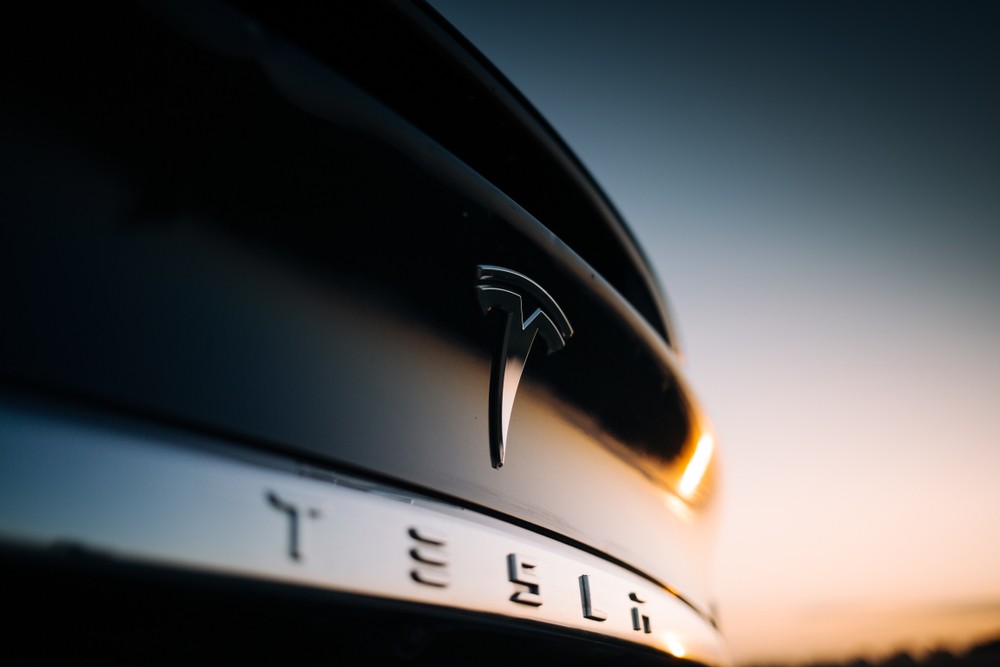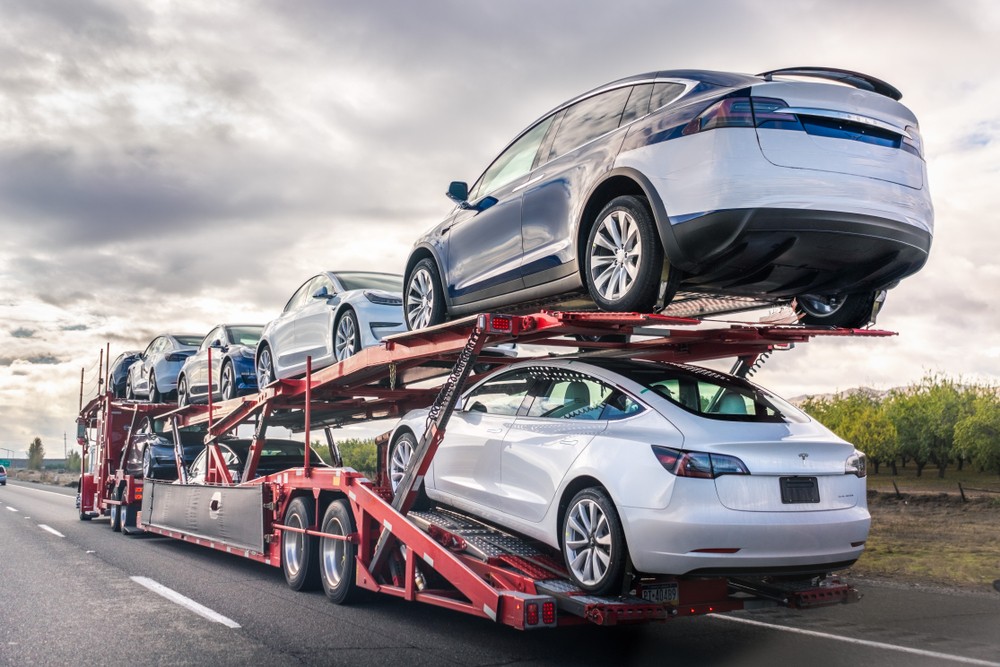Tesla’s Manufacturing Struggles Surface Again

Tesla’s history of quality assurance blunders is well-documented. The company has faced recalls for everything from seatbelts to power steering. And some of its manufacturing practices have come into question after it was reported that the company was manufacturing thousands of vehicles in its parking lot to meet delivery promises. A 2019 report even put Tesla’s reputation at the second-lowest in the automotive industry, ahead of only Mitsubishi.
Despite the negative headlines, Tesla remains wildly popular among everyone from shareholders to car owners. In fact, it’s the most valuable car company in the world, worth more than Ford and General Motors (GM) combined. Unfortunately, this hasn’t stopped quality issues from arising. The latest is a 30,000 vehicle recall due to manufacturing problems. It’s another entry on a growing list of errors. Although every automaker issues recalls, Tesla is racking up manufacturing infractions at a rapid rate.
The current recall in perspective
Not only is the current recall for 30,000 vehicles, the scope of the recall in context compounds the negative optics of Tesla’s latest debacle. Those 30,000 vehicles encompass Tesla Models S and X sold between September 2013 and January 2018 — all of them sold in China. The recall is due to defects within the vehicles’ suspension system, and is being forced by China’s State Administration for Market Regulation.
Tesla has refuted the claim and asserts that China is forcing an unnecessary recall. The recall doesn’t extend to U.S. vehicles made on the same manufacturing line, prompting speculation about China’s claims. Unfortunately, Tesla’s response has been limited because it dissolved its PR department earlier this month.

Emphasis on manufacturing quality
Whether the current recall is legitimate or an attempt at hardball by the Chinese government, Tesla has a bigger problem to worry about. The company’s short but extensive history of manufacturing problems has cast doubt on its commitment to quality over production goals. Tesla fights an uphill battle to prove the current recall isn’t legitimate — which means convincing buyers, shareholders, and partners to overlook past troubles.
The irony is that Tesla could have a stellar reputation to go alongside its powerhouse manufacturing capabilities. Few manufacturers have the runway and technological prowess of Tesla. Given a reputation for quality, Tesla could be the crown jewel in a new age of domestic manufacturing.
A lesson learned … this time?
Tesla’s latest recall has minimal ramifications in the U.S., but erodes the company’s reputation on the world stage. It’s not likely that this will be the last recall the company will face; however, there’s an opportunity to make it the last due to controllable manufacturing defects. The question is: will it? The company faces an uphill battle to improve its reputation, but the best opportunity could be the latest instance of bad press.